PR 12/19 | The Building and Construction Industry is in Crisis
The Council of the Kamra tal-Periti is shocked to wake up this morning to the news of yet another serious incident which involved the collapse of a building in Mellieha.
The facts of the case are still emerging, yet it is evident that this incident and similar ones in the past months are a direct symptom of the chaos that prevails in the construction industry.
The Kamra tal-Periti has been calling for a complete overhaul of our regulatory systems since 2007, yet nothing has materialised to date. At the end of 2018, Government proposed the establishment of a Building and Construction Authority, a proposal which the Kamra had supported, however this is still in the early stages of formulation and is not envisaged to be established before the end of the year.
In May, the Kamra tal-Periti issued its detailed proposals for a modern building and construction regulation framework. A preliminary introduction to these proposals was presented to the Parliamentary Secretary for Planning and the Property Market, the Honourable Chris Agius, and to the Building Industry Consultative Council (BICC), however detailed discussions have yet to commence. The proposals were endorsed by the profession last November, and presented to various stakeholders in the past weeks. The Kamra has received very positive feedback and looks forward to taking these proposals forward with government.
The efforts which are being made are feeble. The only proposal that was announced since the Guardamangia collapse was the exploration of the setting up of a Considerate Constructors Scheme, an as yet insufficient local interpretation of a similar scheme in the UK. The proposed Scheme appears to be merely intended to tie contractors to a code of ethics on a purely voluntary basis rather than strengthening the regulatory system and accountability of industry operators across the board, thus providing further loopholes in the system.
Delay is not an option. The industry is in crisis. We have a complete lack of regulation of contractors, a complete lack of adequate competencies among the workforce, confusion about the various roles and responsibilities on construction sites, building regulations which date back to the 19th century, as well as a serious lack of enforcement. Unless we take immediate action, matters will only get worse.
In view of this, the Kamra tal-Periti has requested an urgent meeting with the Prime Minister to discuss a way forward. The meeting is expected to take place next week.

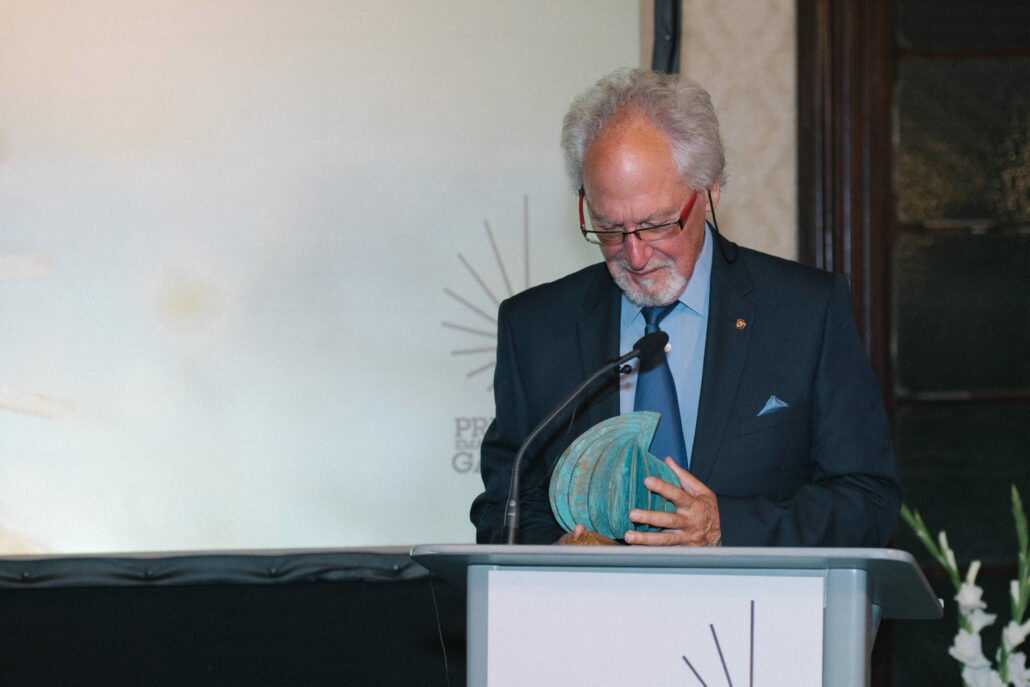
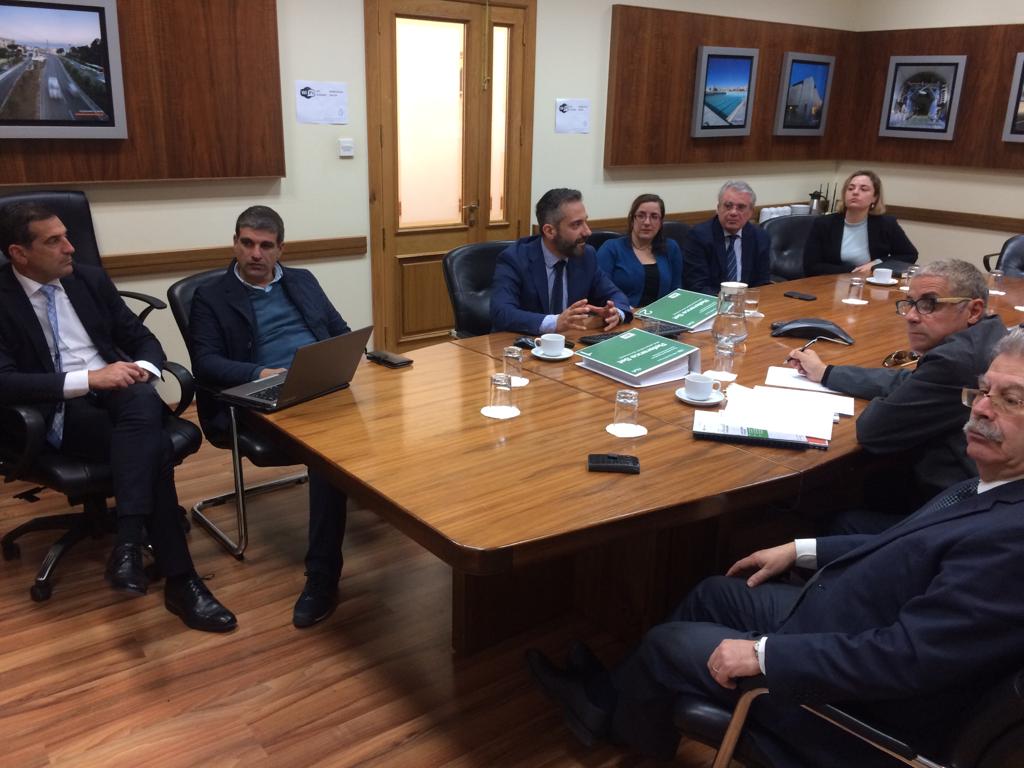
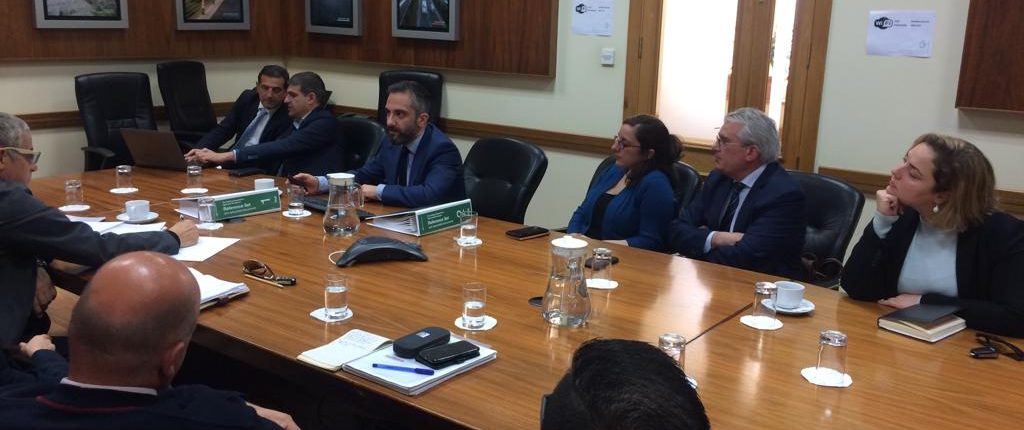
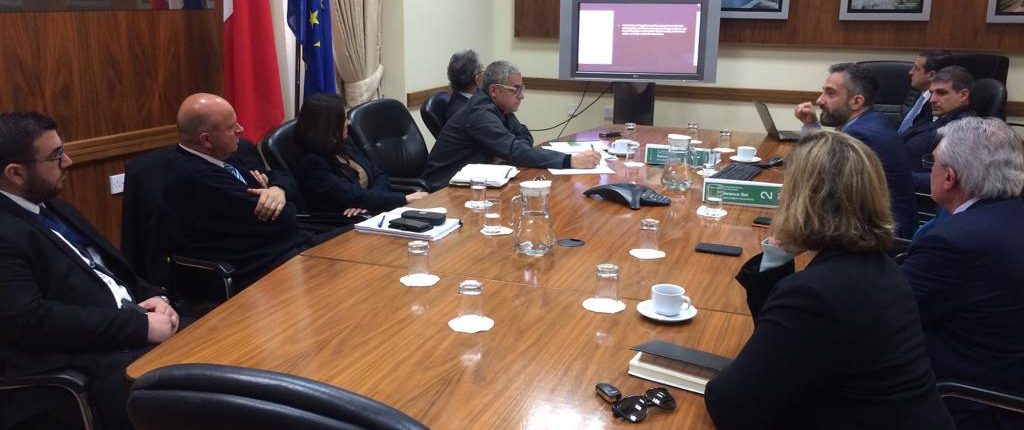
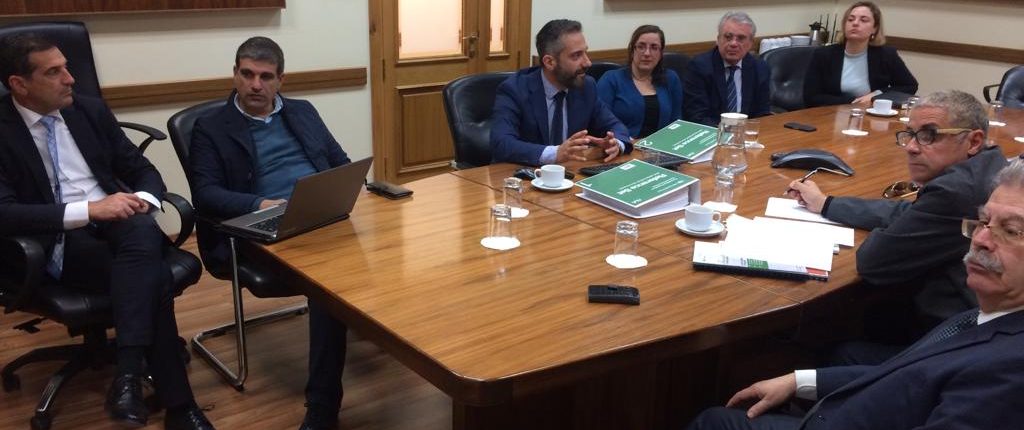
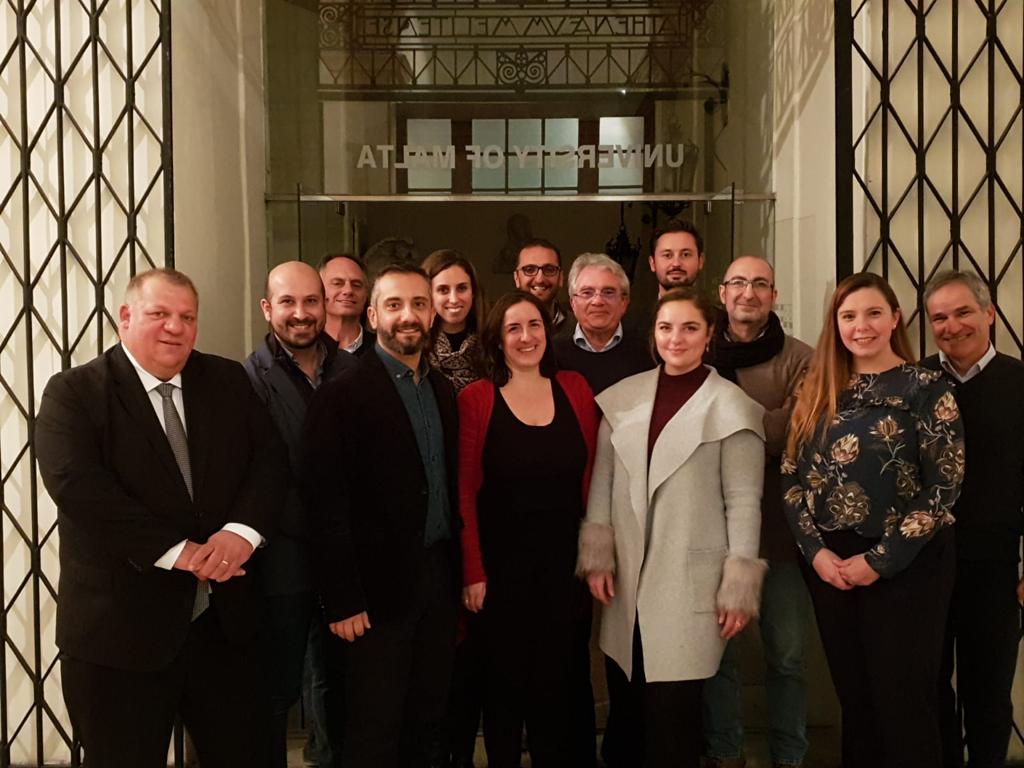
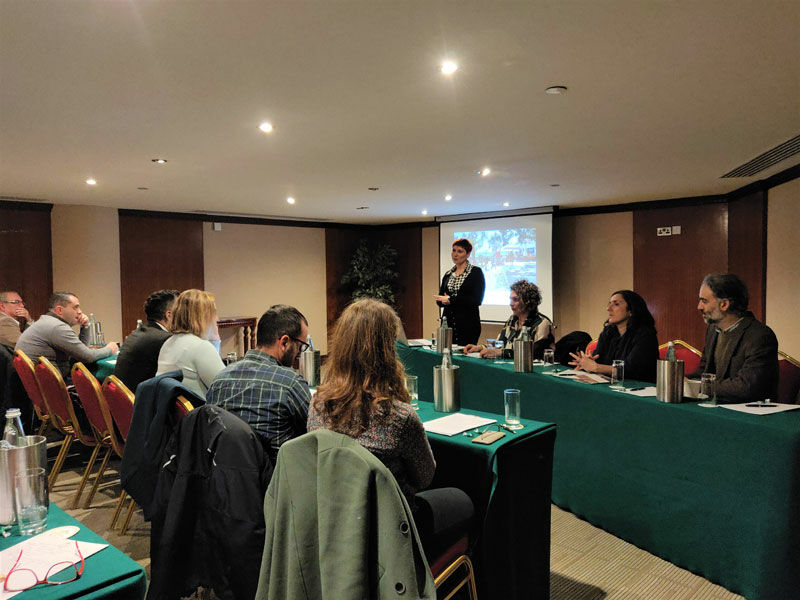
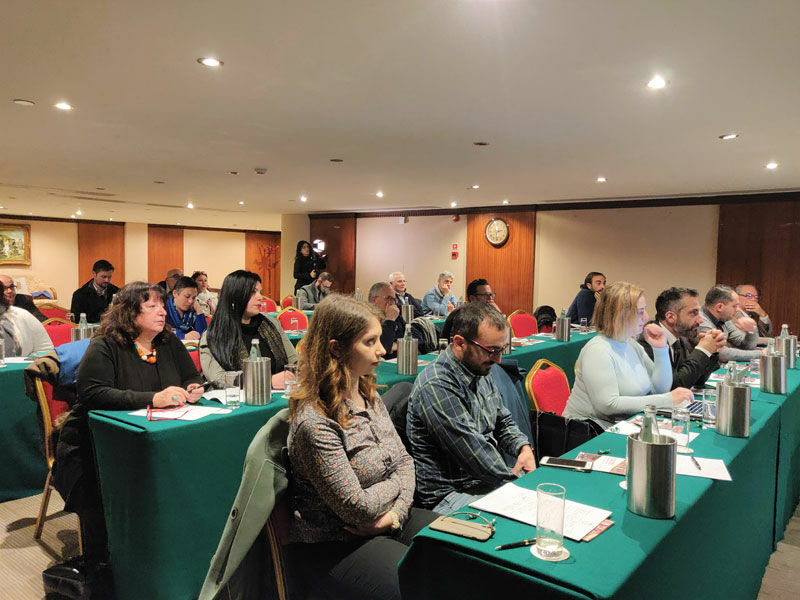
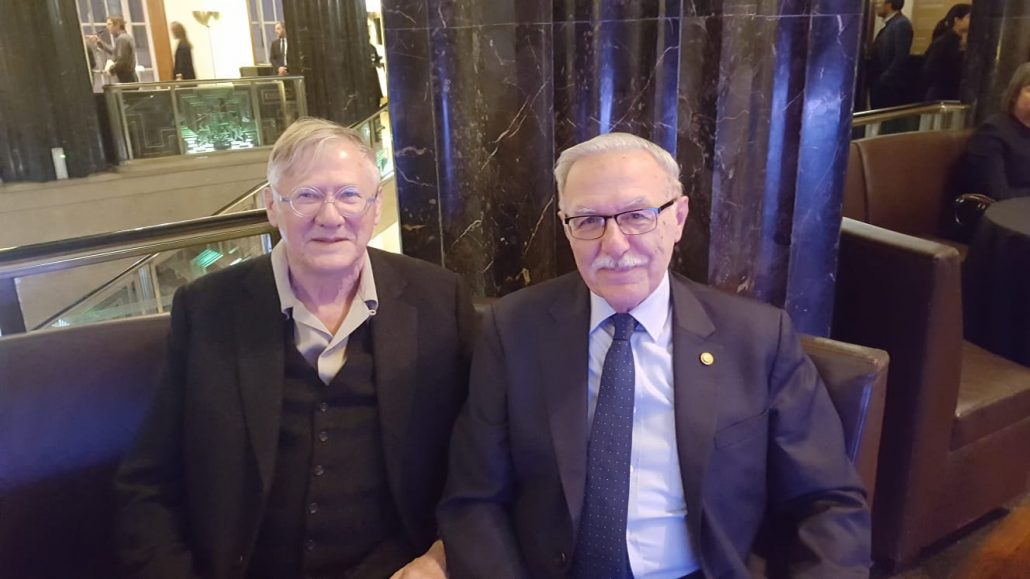
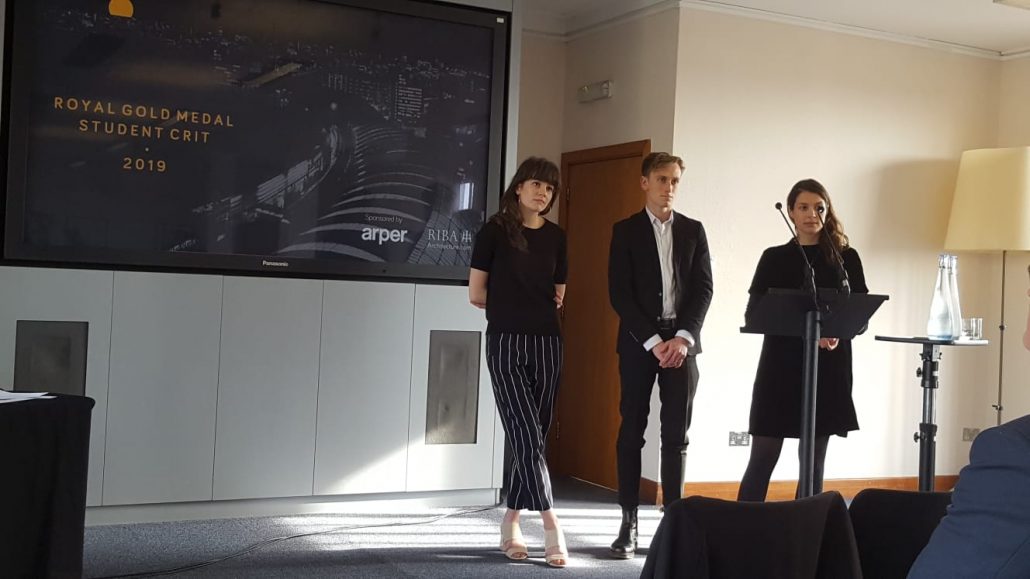
You must be logged in to post a comment.